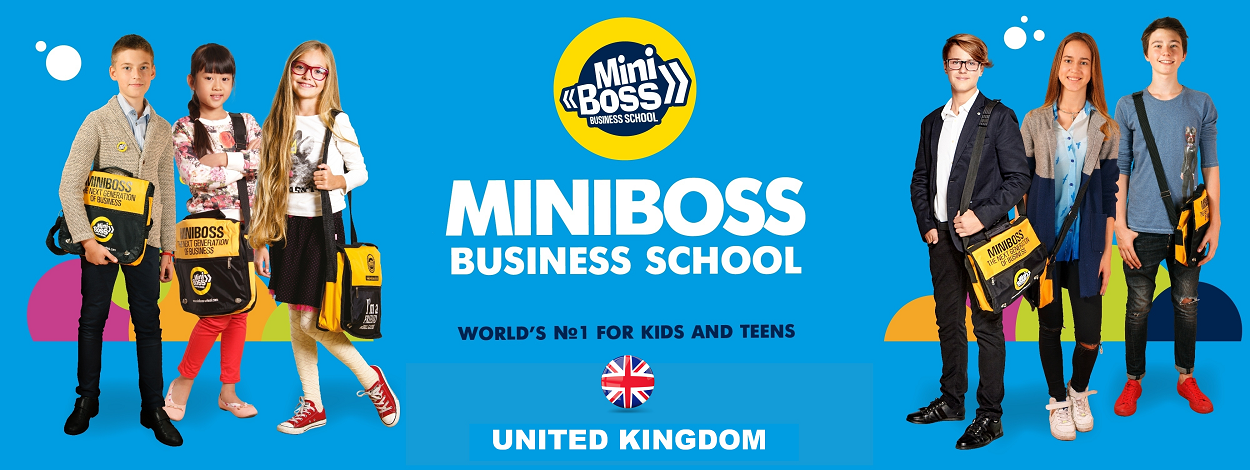If you’re hoping to reach your full potential and make your mark on the world, cultivate the following 8 characteristics of critical thinkers.
1. Analytical thinking
The best analytical thinkers are also critical thinkers, and vice versa. The ability to analyze information is key when looking at any almost anything, whether it is a contract, report, business model or even a relationship.
Analyzing information means to break information down to its component parts and evaluate how well those parts function together and separately. Analysis relies on observation; on gathering and evaluating evidence so you can come to a meaningful conclusion. Analytical thinking begins with objectivity.
2. Objectivity
Good critical thinkers are able to stay as objective as possible when looking at information or a situation. They focus on facts, and on the scientific evaluation of the information at hand. Objective thinkers seek to keep their emotions (and those of others) from affecting their judgment.
However, it’s impossible for people to remain completely objective, because we’re all shaped by our points of view, our life experiences and our perspectives. Being aware of our biases is the first step to being objective and looking at an issue dispassionately. Once you’re able to remove yourself from the situation, you can more thoroughly analyze it.
Observation is one of the earliest critical thinking skills we learn as children - it’s our ability to perceive and understand the world around us. Careful observation includes our ability to document details, and to collect data through our senses. Our observations will eventually lead to insight and a deeper understanding of the world.
4. Curiosity
Curiosity is a core trait of many successful leaders. Being inherently inquisitive and interested in the world and people around you is a hallmark of leaders who are critical thinkers. Instead of taking everything at face value, a curious person will wonder why something is the way it is.
Curiosity forces you to keep an open mind and propels you to gain deeper knowledge - all of which are also fundamental to being a lifelong learner.
5. Creative thinking
Effective critical thinkers are also largely creative thinkers. Creative thinkers reject standardized formats for problem solving - they think outside the box. They have a wide range of interests and adopt multiple perspectives on a problem. They’re also open to experimenting with different methods and considering different viewpoints.
The biggest difference between critical thinkers and creative thinkers is that creativity is associated with generating ideas, while critical thinking is associated with analyzing and appraising those ideas. Creativity is important to bringing in novel ideas; critical thinking can bring those ideas into clearer focus.
6. Open-mindedness
Being able to step back from a situation and not become embroiled helps critical thinkers see the broader view. Critical thinkers avoid launching into a frenzied argument or taking sides - they want to hear all perspectives. Critical thinkers don’t jump to conclusions. They approach a question or situation with an open mind and embrace other opinions and views.
7. Compassion and empathy.
Having compassion and empathy may seem like a negative for critical thinkers. After all, being sentimental and emotional can skew our perception of a situation. But the point of having compassion is to have concern for others and to value the welfare of other people.
Without compassion, we would view all information and situations from the viewpoint of cold, heartless scientific facts and data. Not everything we do is about detached data and information - it’s also about people.
8. Active listeners
Critical thinkers don’t just want to get their point across to others; they are also careful to engage in active listening and really hear others’ points of view. Instead of being a passive listener during a conversation or discussion, they actively try to participate.
They ask questions to help them distinguish facts from assumptions. They gather information and seek to gain insight by asking open-ended questions that probe deeper into the issue.
A source







